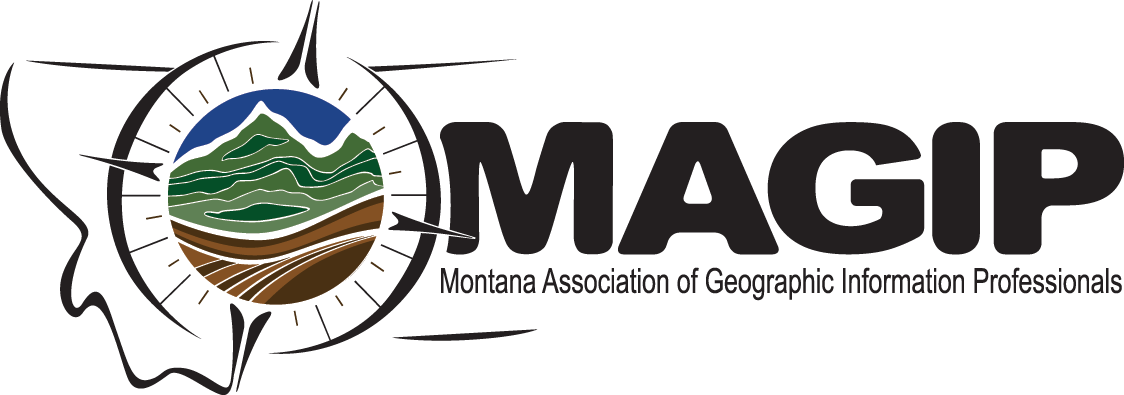MAGIP Higher Education Scholarships
All undergraduate or graduate students enrolled at Montana colleges or universities, carrying the minimum number of required credits for full time enrollment, engaged in geospatially-related projects or research, are eligible to apply to the Higher Education Scholarship.
Award packages include an invitation to present at the annual MAGIP Big Sky GeoCon, accompanied by a complimentary registration. A stipend of $150 is also granted to those traveling more than 100 miles to awardees presenting at the conference.
View the 2026 Scholarship Application Announcement (pdf)
Scholarship Applications are due March 20, 2026
Email the Scholarship and Grants Committee Chair for more information
2025 Higher Education Scholarship Recipients
Three (3) $1,000 scholarships totaling $3,000 were awarded to undergraduate or first-year graduate students studying GIS at a Montana college or university.
Miles Fenolio, Undergraduate Student from the University of Montana
Miles is an undergraduate student at the University of Montana. He has been working at the O’Conner Center for the Rocky Mountain West and as an early academic developed a firm understanding of geospatial technologies. In addressing urban planning concerns, he plans on mapping the high-water mark within Missoula to help planners and enforcement officials understand the environmental delineations to urban camping regulations. His work will surely be of vital importance to planners in Missoula and many other cities like it that are facing ever-pressing pressures on city resources.
Eqi Luo, PhD Student from Montana State University
Eqi is a PhD student in the Earth Sciences Department at Montana State University. He has a strong interest in human geography and will focus on the development of methods that integrate remotes sensing of landcover and climate to model human settlement in response to climate change. As the world faces unprecedented demands on all resources, developing innovative methods to understand human population dynamics will be highly valued.
Ali Saud, PhD Student from Montana Technological University
Ali is a PhD student in the Geological Engineering department at Montana Technological University. He has a background in electrical engineering and is focusing on the development of a multi-directional magnetic gradient sensor. This work will enhance the ability to detect and map mineral resources, including rare earth metals. Prototypes will be tested at known deposits in the Bearpaw mountains, and the results of this work will undoubtably help meet an ever-increasing demand for resources that are fueling the technological revolution of our time.
View previous MAGIP Scholarship Recipients
UNIVERSITY SCHOLARSHIPS
Additionally, the University of Montana and Montana State University offer scholarships based on endowment funds that MAGIP contributed to:
- MSU Earth Sciences Graduate Scholarships
- UM Zuuring/MAGIP Scholarship: The Zuuring-MAGIP Graduate GIS Scholarship provides scholarships for first-year graduate students who are in good standing at the University of Montana. Recipients may study any discipline, but must be working on a project that incorporates Geographic Information System sciences and technologies as a significant part of their thesis or dissertation research. Projects must have a reasonable chance of completion within 1.5 years or less and selection shall be weighted heavily on the strength of the proposal. (Strength of GIS sciences and technologies is more important than financial need; however, financial need may be used as a secondary criterion in recipient selection.) Hans Zuuring established the scholarship. He was key to implementing the GIS academic program at the University of Montana. The scholarship is available through the W.A. Franke College of Forestry and Conservation
